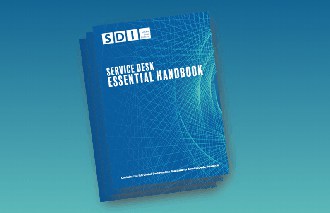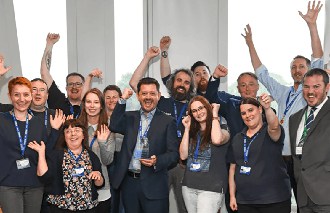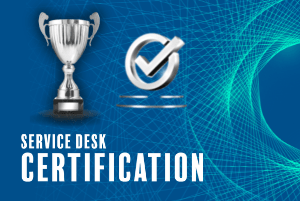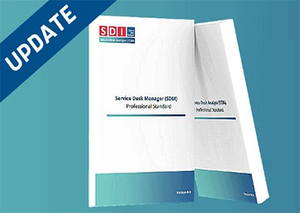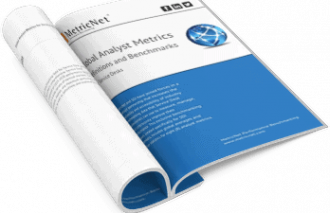
by Tessa Troubridge, CEO, Service Desk Institute
As part of recent SDI research, we asked over 400 IT workers including Service Desk Mangers, IT Managers and C-level Execs, what skills they think service desk professionals will need most in the next 2 to 3 years. What do you think they said? Actually, if you weren’t one of people who took part in that survey, what would you say?
The need for new skills and reskilling to support the future of IT services continues to be a much discussed topic, and during the last 2 years the pandemic has forced organisations to re-address the skills they have and need within their teams. The survey data showed that organisations have had to introduce new skills, up-skill or re-skill service desk professionals to deal with home and hybrid working. The skills emphasis seemed to be on human skills, rather than technical or business skills. Skills like effective communication, teamwork, responsibility, people skills, leadership, and adaptability have been a focus for many organisations.
Organisations are also now thinking differently about the skills service desk professionals need to possess in the near future. The hottest skills for the near future, based on our research findings, are problem-solving, analytical thinking, emotional intelligence and collaboration skills.
We asked “what skills do you think service desk professionals will need most in the next 2 – 3 years?” Here’s the top 4 selections from our survey respondents in 4 separate cohorts:
Respondents who categorised themselves as working at the Service Desk
- Problem solving
- Analytical thinking
- Collaboration
- Technology use, monitoring, and control
Respondents who categorised themselves as Service Desk Manager or IT Manager
- Problem solving
- Emotional intelligence
- Analytical thinking
- Collaboration
Respondents who categorised themselves as an IT Manager
- Emotional intelligence
- Problem solving
- Personal resilience
- Collaboration
Respondents who categorised themselves as C-Level and IT Director
- Problem solving
- Analytical thinking
- Emotional intelligence
- Collaboration
Problem solving, emotional intelligence, analytical thinking and collaboration are clearly seen as key skills for the near future. It’s also clear form the research data that the respondents think that requirements for technology installation and maintenance skills will diminish soon, an observation also made in World Economic Forum research data (see source).
Management skills are also seen as a diminishing skills requirement for the near future. When considering the impact of machine learning, artificial intelligence, intelligent automation, and service orchestration on the way organisations work in the near future; there is the potential that this kind of technology’s design and use will also incorporate assisting workload and performance management. As a result, technology installation, maintenance, and management skills, in their current forms, are predicted to change or diminish.
We also see in our research data a significant appetite for skills development. A large majority of respondents consider their organisations to be pro skills development, and there is a huge appetite and willingness to learn or move to new areas of the organisation to develop new skills.
In summary
What does all this mean for employee expectations and employee retention in the future, especially as the employee demographic continues to shift and home working continues to be an option organisations have to maintain? If employees do not realise the opportunity to learn new skills as supports services augment, will they more readily look for opportunities outside their organisations to develop their skills? Are organisations prepared to lose their talent to other organisations who invest more in staff development? Or will an organisation’s approach to people development become a key differentiator in the battle for attracting and retaining talent?
The last 2 years have certainly changed the way employees feel about work and their expectations from the organisations they work for. It’ll be interesting to see how hard organisations work to attract people like you.
Sources:
https://freshservice.com/resources/sdi-trends
https://www.weforum.org/reports/the-future-of-jobs-report-2020/in-full
https://www.weforum.org/agenda/2022/01/the-5-forces-driving-the-new-world-of-work/
